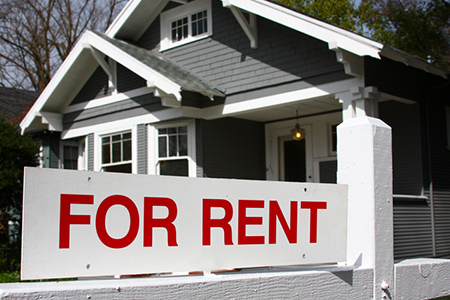Renting out your home can be a great way to make some extra money when you’re out of town and your home is sitting empty.
All kinds of potential problems, however, may come to mind when considering renting your home — either to vacationers or long-term tenants. What if someone sleeping on your couch or spare room accidentally starts a fire? Are you protected? What if they steal something?
Some of those worries can be put at ease by having the right kind of insurance for your home. Here are some to consider if you’re looking into becoming a landlord:
Short-term rentals
Your existing homeowners or renters insurance policy may already allow for short-term rentals without having to make any modifications. You may or may not have to notify your insurance company.
If you’re renting out your home for a single occasion, you may need to notify your insurer ahead of time, and then your existing coverage will be extended to the renter.
Some insurers may require an endorsement, also called a rider, to the existing policy to provide insurance for rentals, especially if you’re doing it regularly.
If the short-term rentals are to “guests,” such as through Airbnb, that could constitute a business. Most insurance policies don’t provide coverage for business activities inside a home. A business policy for a hotel or bed and breakfast would be needed.
Some insurance companies also offer home-sharing liability insurance, which can be purchased on a month-to-month basis as you need it.
Long-term rentals
If you’re renting your home or a vacation home to someone for six months to a year, you’ll likely need a landlord or rental dwelling policy. These cost about 25 percent more than standard homeowners policies to provide increased protections.
Landlord policies provide property insurance coverage for physical damage to the structure that’s caused by fire, lightning, wind, hail, ice, snow or other covered perils. Personal property that’s left on-site for tenants or for maintenance, such as appliances and lawnmowers, is covered. A tenant’s personal property wouldn’t be covered under the landlord’s insurance.
It will also include liability coverage if a tenant or guest is injured on the property, covering legal fees and medical expenses.
Landlord policies can also provide coverage for loss of rental income if you can’t rent it out while the home is being repaired or rebuilt because of damage from a covered loss.
I hope you enjoyed this article. Contact me today with your real estate questions!











